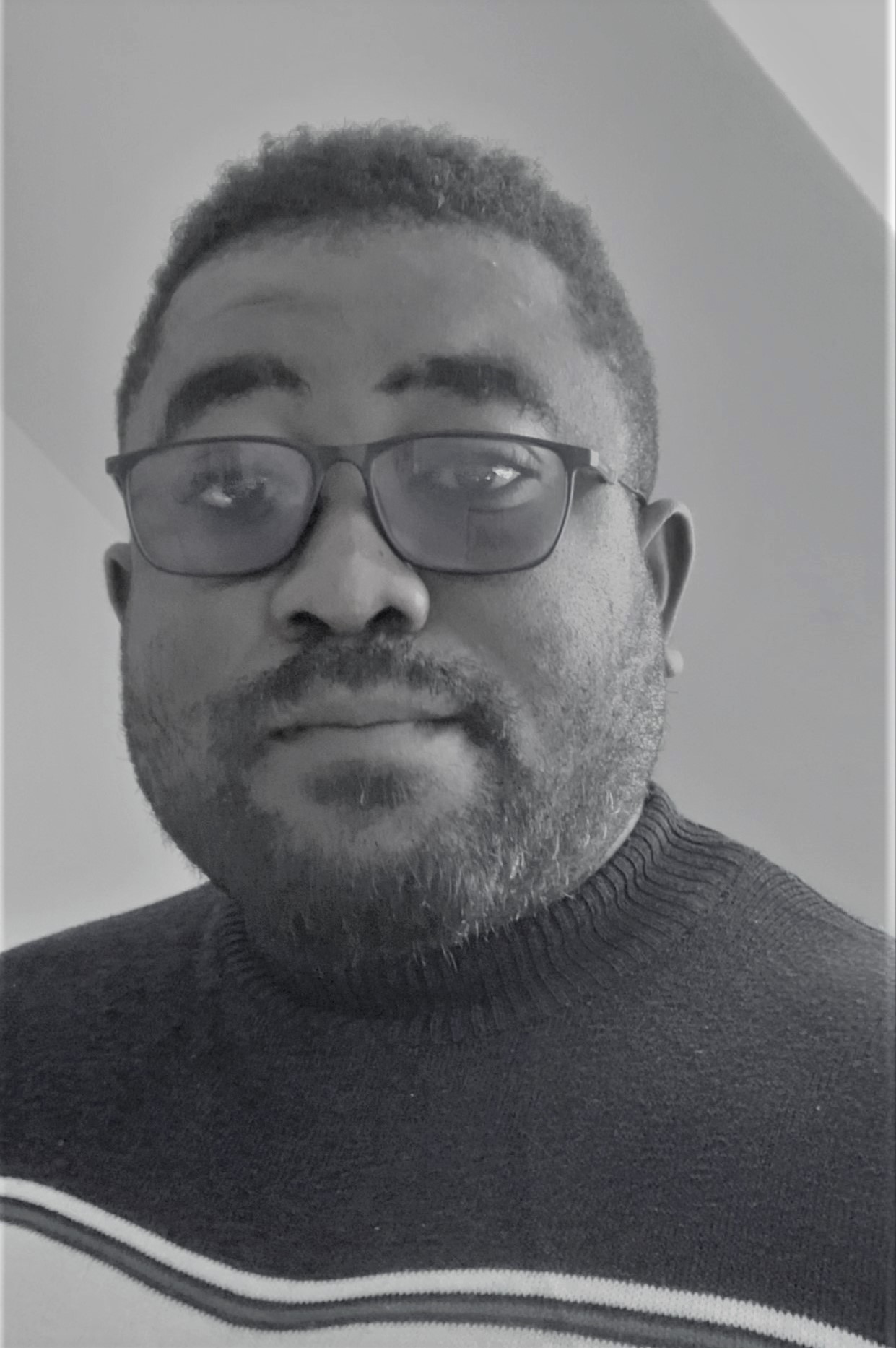CERTIZENS: Certifications of Citizenship in Africa
The CERTIZENS Project focuses on the logics, policies and practices of different regimes of citizen classification, certification and identification in selected African contexts, and their multi-layered effects both on processes of state making and citizen making.
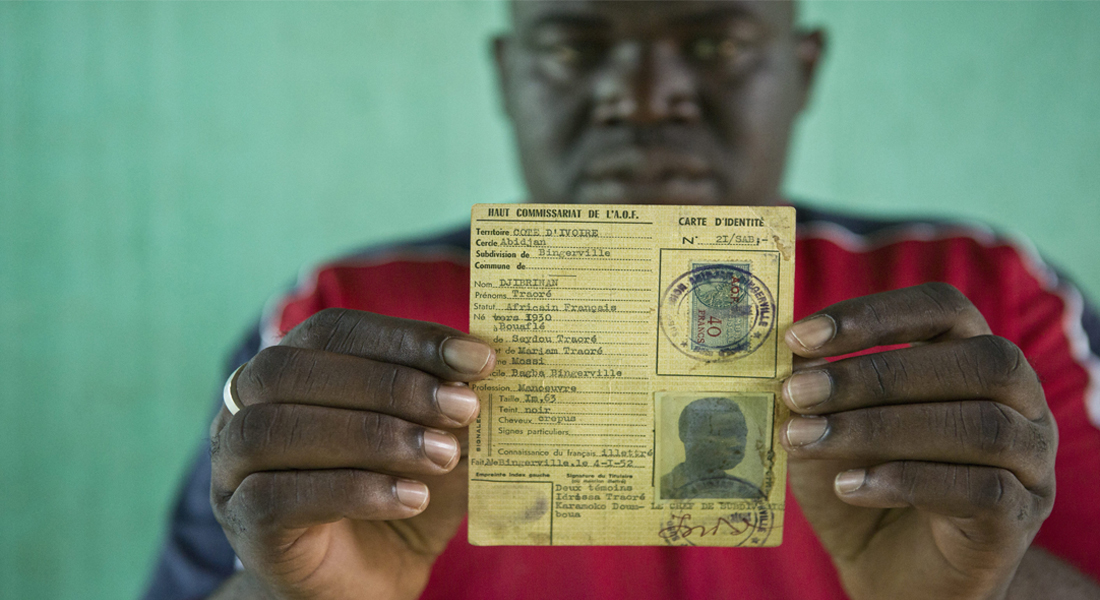
From passports to voter registration, accessing healthcare or getting a SIM card, ID documents are indispensable to everyday life. On the African continent, the number of people living without legal ID documents has reached an epidemic scale: they make up 50% of the estimated one billion people living worldwide without formal proof of identity. This is garnering increased attention both globally and nationally, not least through the Sustainable Development Goal 16.9, ‘legal identity for all’ by 2030.
With Ghana and Uganda as case countries, CERTIZENS addresses the multiple, inter-related dimensions of systems of citizen/ship classification, certification and identification by addressing four arenas – international, national, intermediate and intimate. Within the international arena, it examines evolving ‘global’ policies promoting strategies and technologies for identification and certification for development, and their articulation with national regimes. Nationally, it explores historical and contemporary forms and practices of these systems in relation to differentiated citizens. The intermediate arena examines selected bureaucracies of certification, and state-citizen encounters within them, as well as the changing materialities of ID documents, including rapid shifts towards digitalization. At the intimate level, CERTIZENS goes in close to investigate personal, lived effects within local settings.
Investigating these relational arenas simultaneously in Ghana and Uganda facilitates productive comparative analyses as well as in-depth understandings of complex national realities. However, given a global context in which governments and private sector actors are increasingly engaging with the ‘identity for all’ agenda, CERTIZENS has theoretical, policy and practical relevance well beyond the African continent.
CERTIZENS publishes a quarterly newsletter to connect scholars and practitioners working on ID systems in diverse global contexts.
You can read past issues of our newsletter below and sign up via the form on this page.
CERTIZENS GHANA
Kojo Opuku Aidoo (CERTIZENS Ghana Project Coordinator)
Certifications of Citizenship in Ghana: The National Arena
This project focuses on the inter-relatedness of historical and political dimensions of Ghana’s national citizenship certification regimes, which are traced from colonial through to post-colonial eras. It will address the ways in which changing political ideologies and governance types over time have affected the evolution of such regimes and their related policies and practices. The project is especially interested in how such systems have generated or denied the authenticity, eligibility and inclusion of citizens within various marginalized groups and among ethnicities that straddle the national borders.
PhD 1: Isaac Owusu Nsiah
Intimacies of Identification and Lived Citizenship Among the Fulani at Agogo
This research considers the interplay of formal national identification systems with intimacies, nuances, logics and dynamics of identification and lived citizenship, focusing on the experiences of Ghanaian Fulanis in the Ashanti Region. Firstly, it examines Fulanis’ engagement with official structures of identification, their experiences of recognition or denial related to specific IDs, and particular access barriers they face. Secondly, the project considers the implications of these experiences for their ‘lived citizenship’, including their everyday life, livelihoods, access to public services and resources, political participation, and property ownership.
PhD 2: Agnes Doe Agbanyo
The Dynamics, Bureaucracies and Practices and Certification in the Ghana-Togo Borderlands
This study investigates the dynamics of citizen identification, registration and certification in relation to two different kinds of ID documents within the districts of Ketu South and Ketu North, located along the Ghana-Togo border, namely the Voter Identity Card and the Ghana Card. It will entail ethnographic studies of the relevant local bureaucracies on the one hand, and of diverse local citizens-as-ID-clients on the other. Exploring and comparing the meanings and value attributed to the respective ID cards at different moments, my project will ask: How do citizens navigate the relevant bureaucratic systems and processes in order to be certified as citizens? In doing so, how do they perform their own citizenship or membership of the state, and in turn how are they shaped by these encounters with its bureaucratic actors, practices and structures? Finally, what makes borderlands particular kinds of social and political administrative spaces with regard to certification, registration and identification?
CERTIZENS UGANDA
Godfrey B. Asiimwe (CERTIZENS Uganda Project Coordinator)
Certifications of Citizenship in Uganda: The Intimate Arena. Interrogating governance and intimate implications of citizen certification in Uganda
This project examines the relationship between Uganda’s national regime of citizen certification – with its hierarchical classification of citizenships – and the consequential intimacies of lived citizenship in practice among selected groupings of differently situated and formally differentiated citizens. It will explore both the possibilities and limits generated by tensions between forms of governing and forms of living, in relation to a given yet changing and uneven national context of certification.
Toke Møldrup Wolff (Project Researcher)
Certifications of Citizenship in Uganda: The Intermediate Arena
This project explores the ongoing transition from pre-existing technologies and logics, to emerging and increasingly digitalized infrastructures, of certification and ID management in Uganda, and their implications for state making and citizen making. It will focus especially on: a) the changing materiality and business of producing ID documents; b) the workings of selected bureaucracies of certification; and c) the state-citizen encounters within which registration, certification and documentation of citizens takes place.
PhD 2: Milcah Abasabyona
Intimacies of Identification and Lived Citizenship Among the Ghetto Youths in Kampala
This research project focuses on the experiences of ‘ghetto youth’ living mostly without legal forms of identification in a selection of Kampala’s poorest slums or informal settlements. Through an ethnography of those living as unregistered, unrecognized, and uncertified, the research investigates how young people find alternative ways to assert their personhood, a sense of belonging and citizenship in practice through informal or illicit forms of IDs, or ‘self-certification’. In addition, the project is interested in questions relating to how state identification and citizenship certification practices influence citizens' sense of belonging and purpose and their life trajectories.
PhD 1: Martin Buhamizo
Bureaucracies of National Digitisation and Citizen Certification in Uganda
Uganda, like many other countries on the African continent and elsewhere in recent years, has been engaged with introducing new digitised forms of registering, certifying and identifying its citizens. This research project investigates both the broader bureaucratic processes, practices and procedures involved in Uganda’s national certification and identification systems, and more specifically in their digitised forms, and the roles these systems play in both nation-building and state-making. Among other things, the project focuses on the implications of recently introduced digitisation technologies on the making and unmaking of differentiated citizens.
INTERNATIONAL POLICY PROJECT
Amanda Wendel Malm (PhD Researcher)
Certifications of Citizenship: the International Arena. ‘Global’ ID policies as travelling models and their encounters in Ghana and Uganda
This project explores the formation and mobility of so-called ‘global’ citizenship identification, registration and certification policies and how these encounter, and are adapted (or not) locally within, national certification settings in Africa. It focuses on the dynamics of policy processes and practices within and between various multilateral organizations promoting policies and strategies related to systems of identification and certification for development, and looks at how these travel and articulate with national governments and other relevant actors specifically in Uganda and Ghana.
OVERALL CERTIZENS COHERENCE, LEARNING AND EXCHANGE
Amanda Hammar (CERTIZENS Project Leader)
Key to the overall CERTIZENS Project is ensuring meaningful coherence in relation to its multiple arenas and elements, alongside intellectual openness and ongoing learning. A core task of the Project Leader is to sustain an overview of all conceptual, methodological and empirical dimensions of the wider Project, make relevant analytical links between them, and support regular exchanges and cross-fertilisation both among all CERTIZENS researchers, and with scholars, policy makers and practitioners engaged with related work outside the CERTIZENS Project frame.
|
CERTIZENS Project Leader
Professor
Centre of African Studies
University of Copenhagen
|
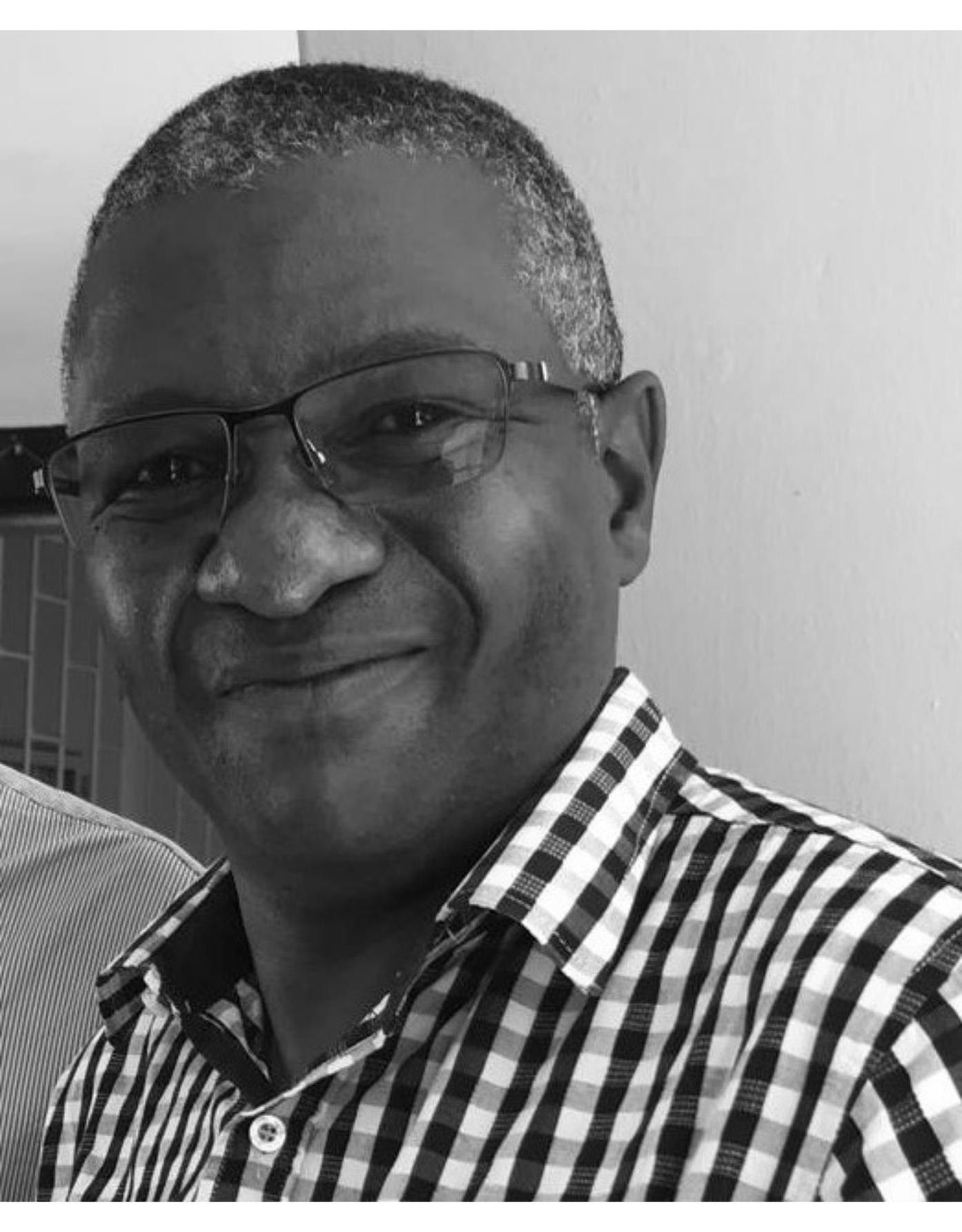
CERTIZENS Uganda Project Coordinator
Associate Professor
Department of Development Studies
Makerere University
|
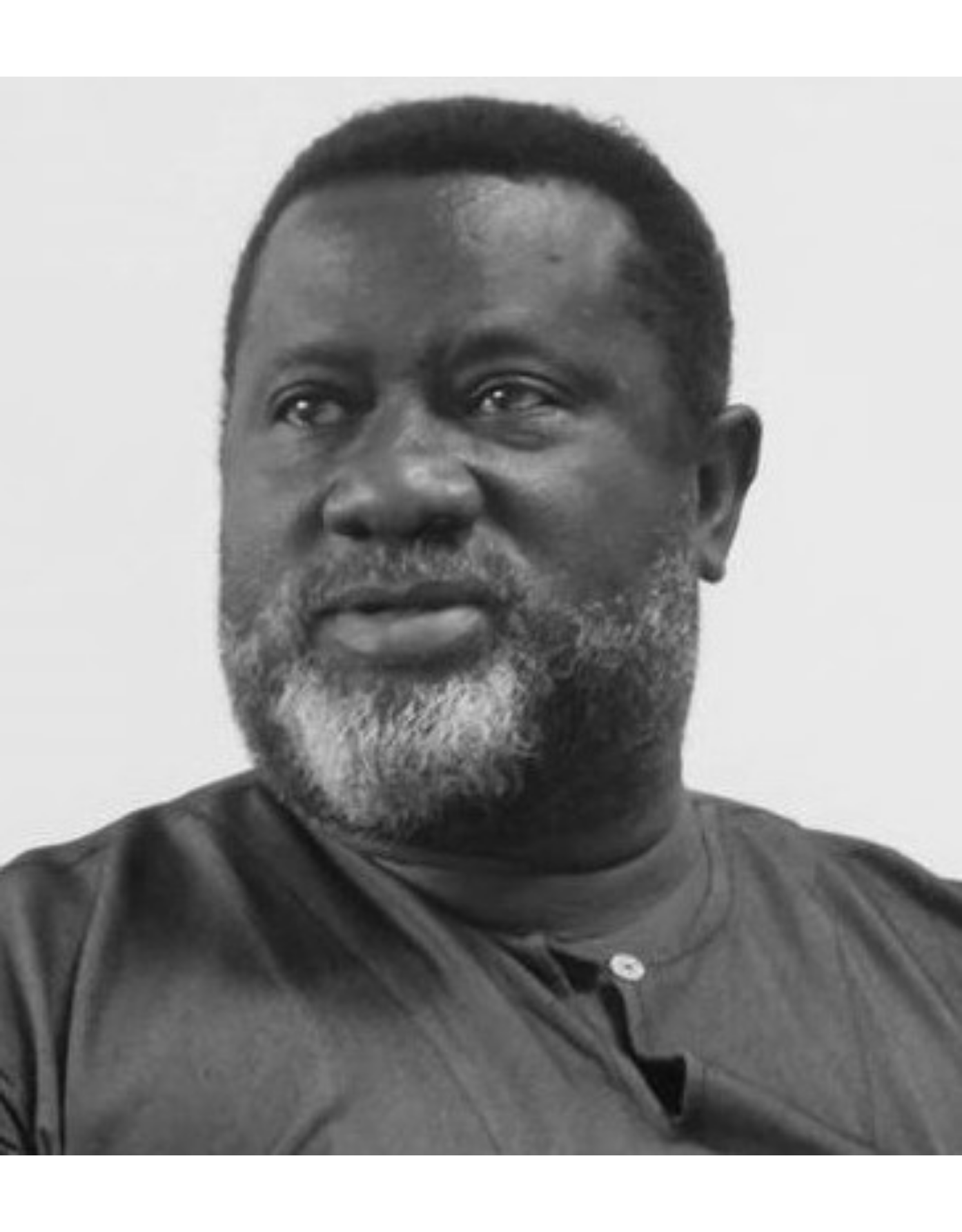
CERTIZENS Ghana Project Coordinator
Senior Research Fellow
Institute of African Studies
University of Ghana
|

Assistant Professor
Centre of African Studies
University of Copenhagen
|
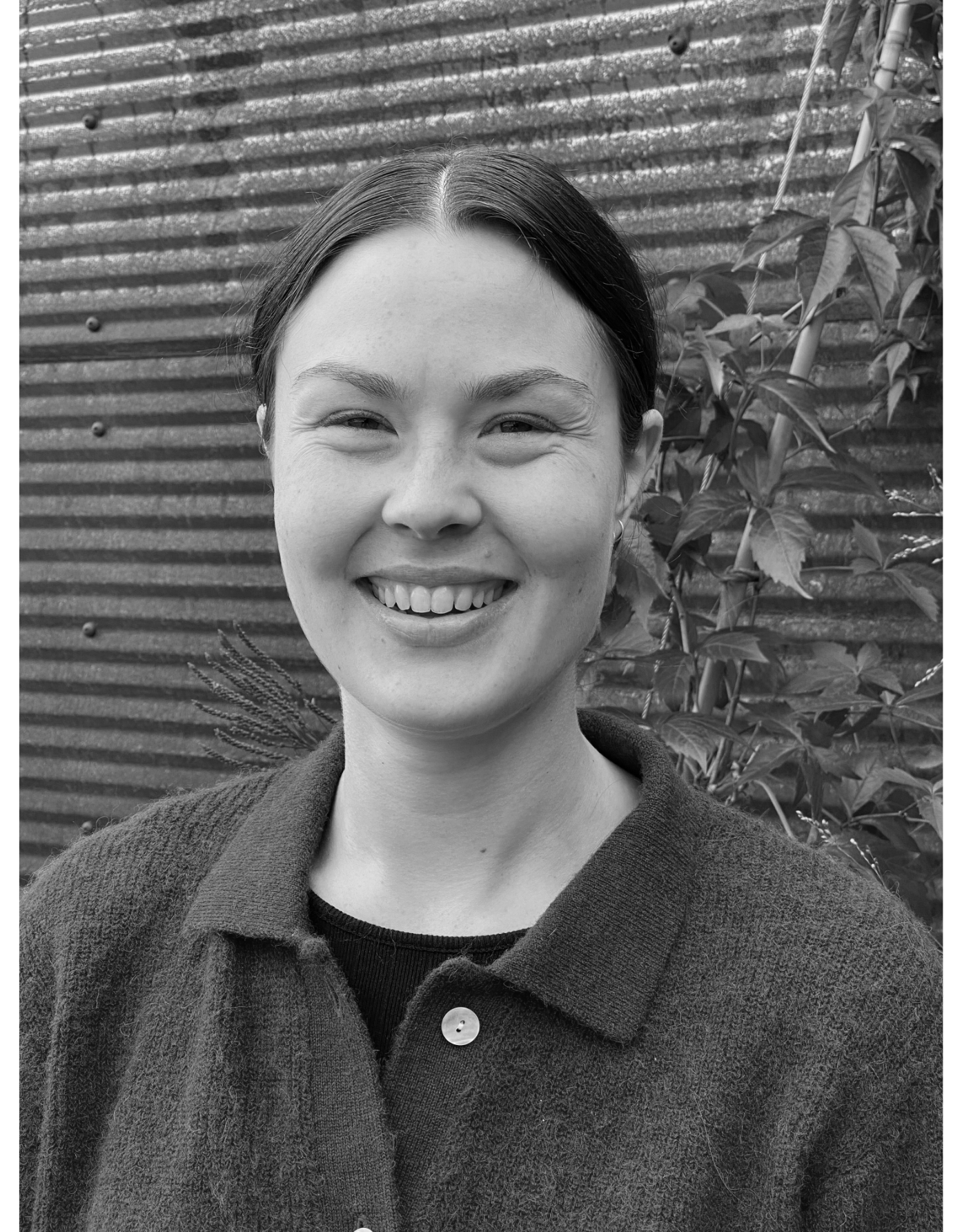
Centre of African Studies
University of Copenhagen
|
|
CERTIZENS Ghana |
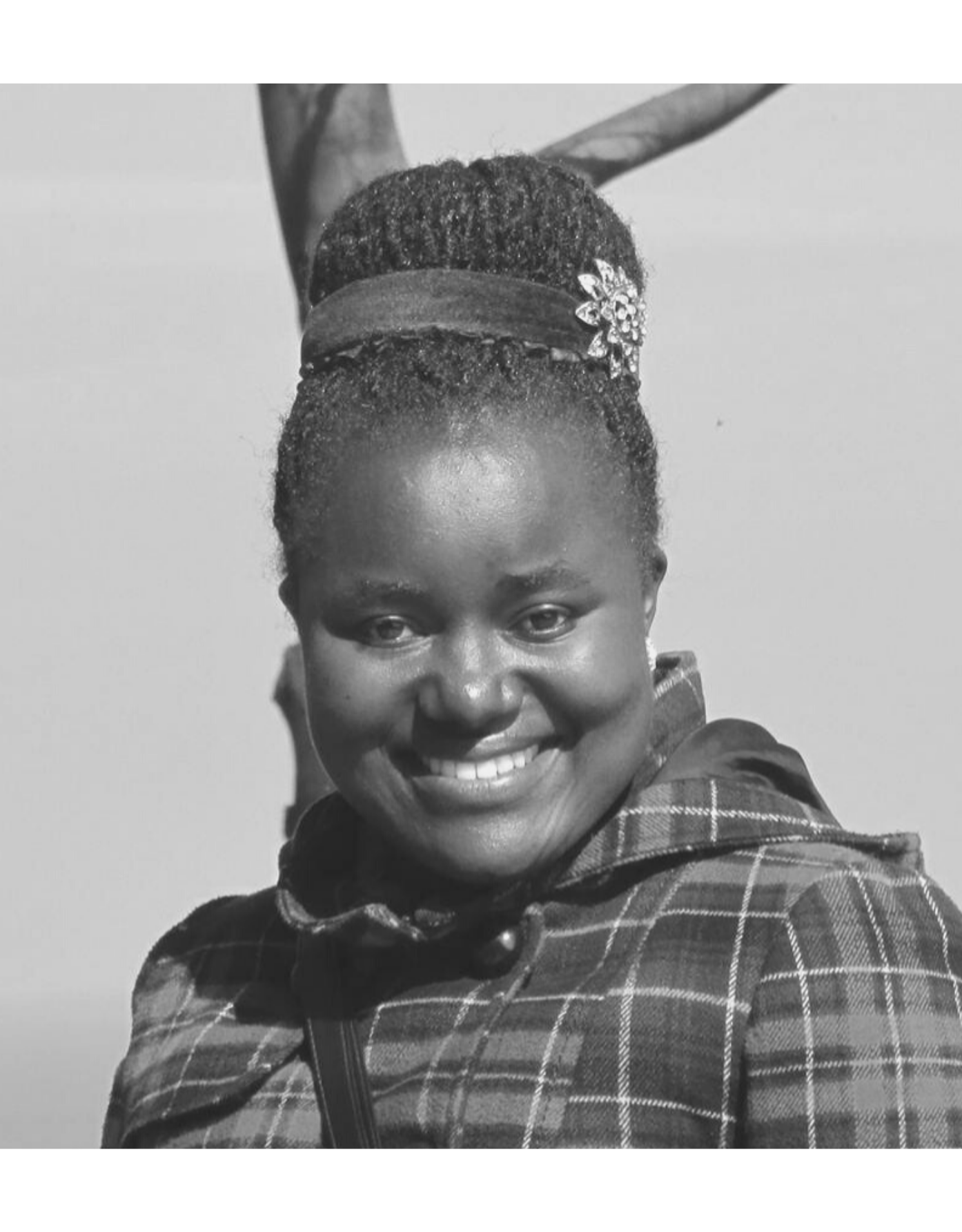
CERTIZENS Uganda |
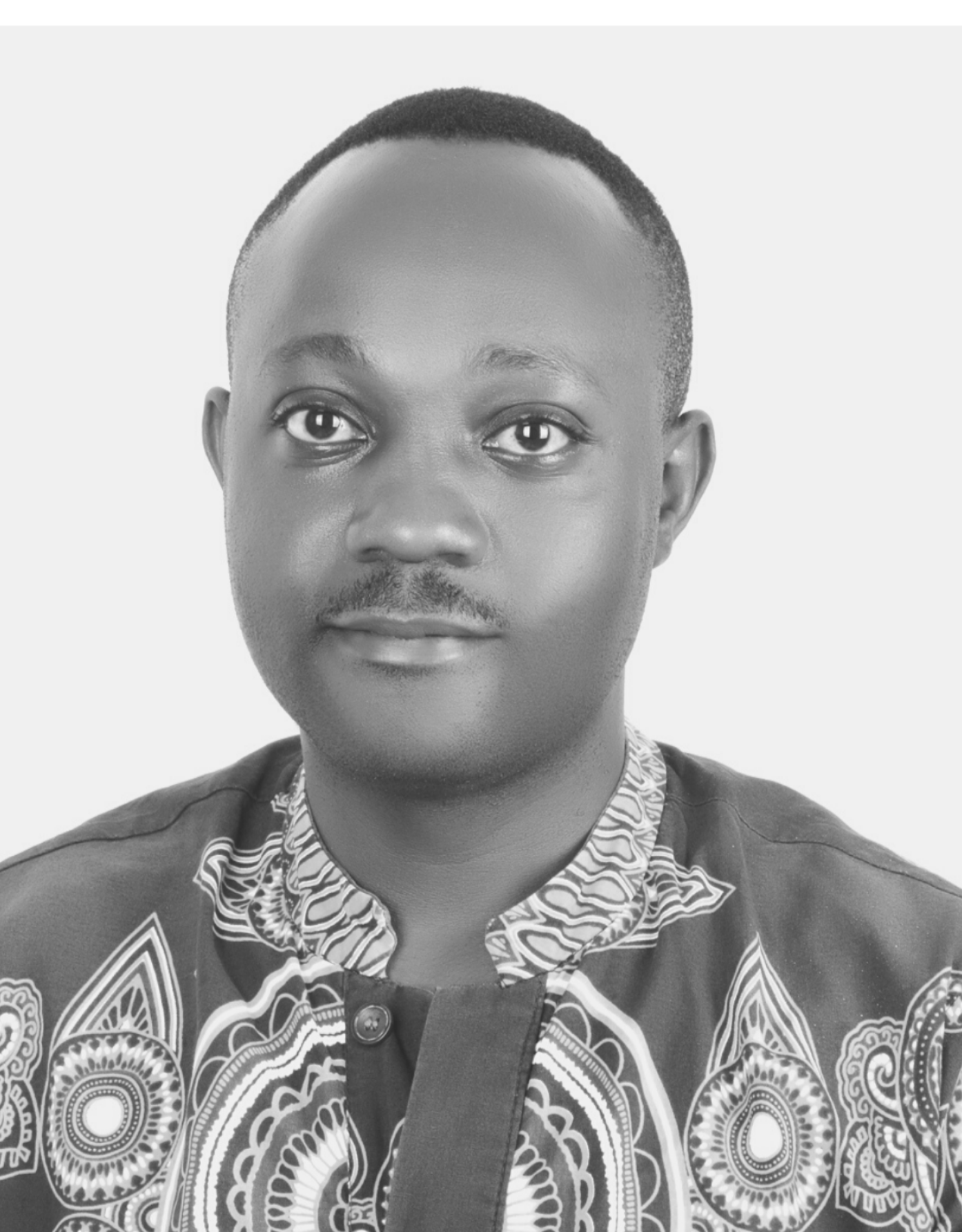
Martin Buhamizo
CERTIZENS Uganda
PhD Researcher
Department of Development Studies
Makerere University

CERTIZENS Ghana |
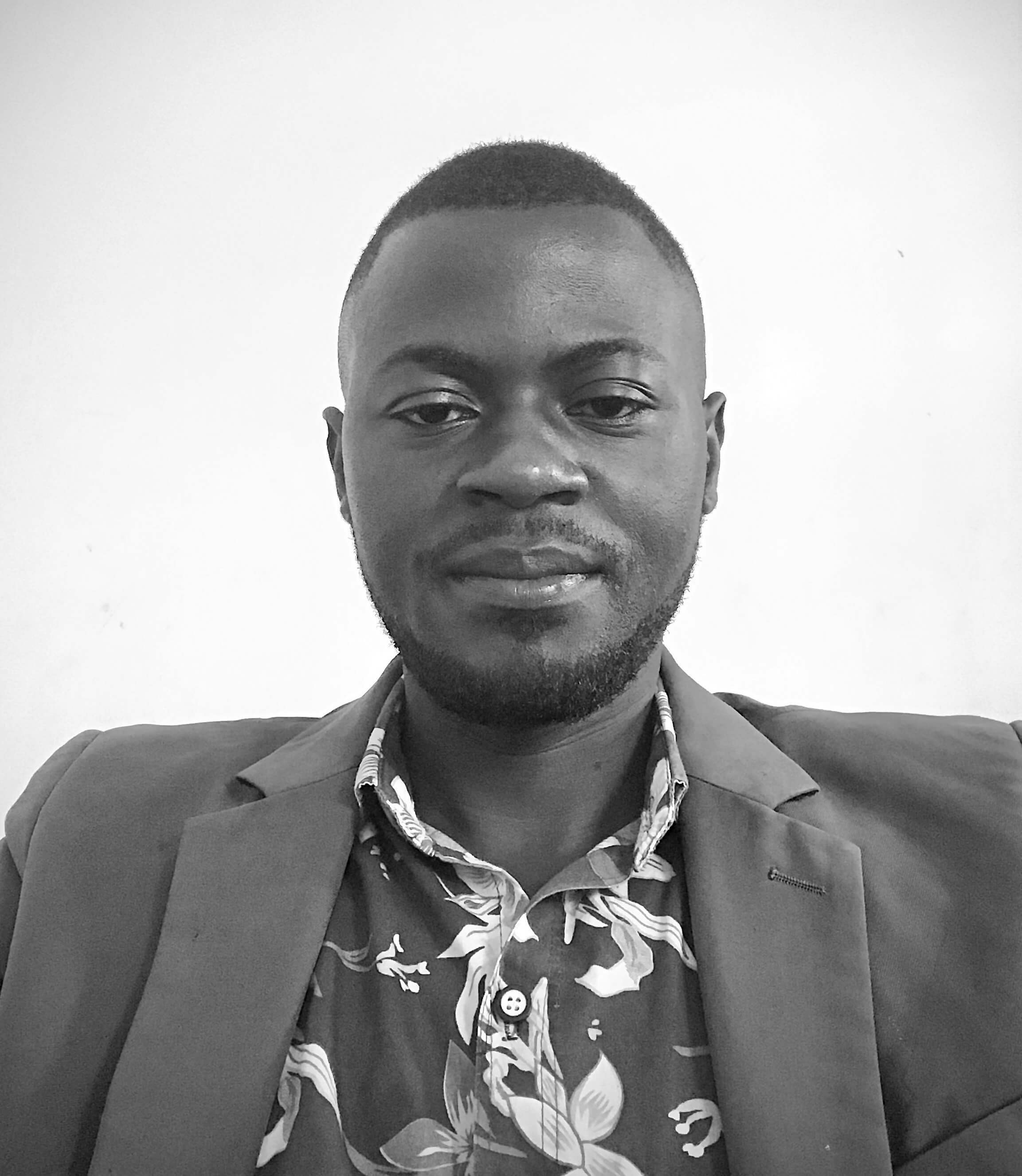
Moses Muluba CERTIZENS Uganda |

Gifty Louisa Cobbinah CERTIZENS Ghana |
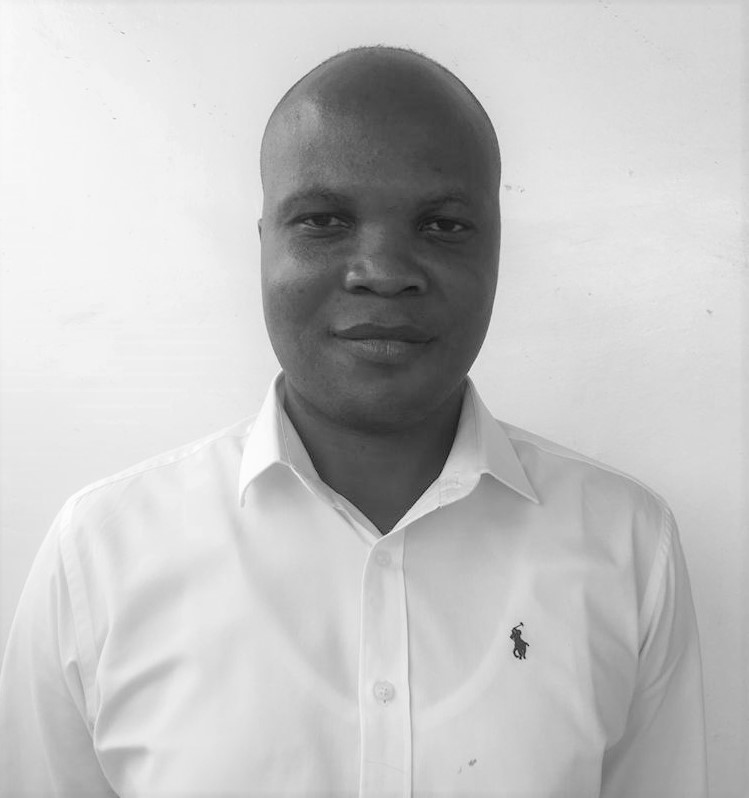
Charles Donkor CERTIZENS Ghana |
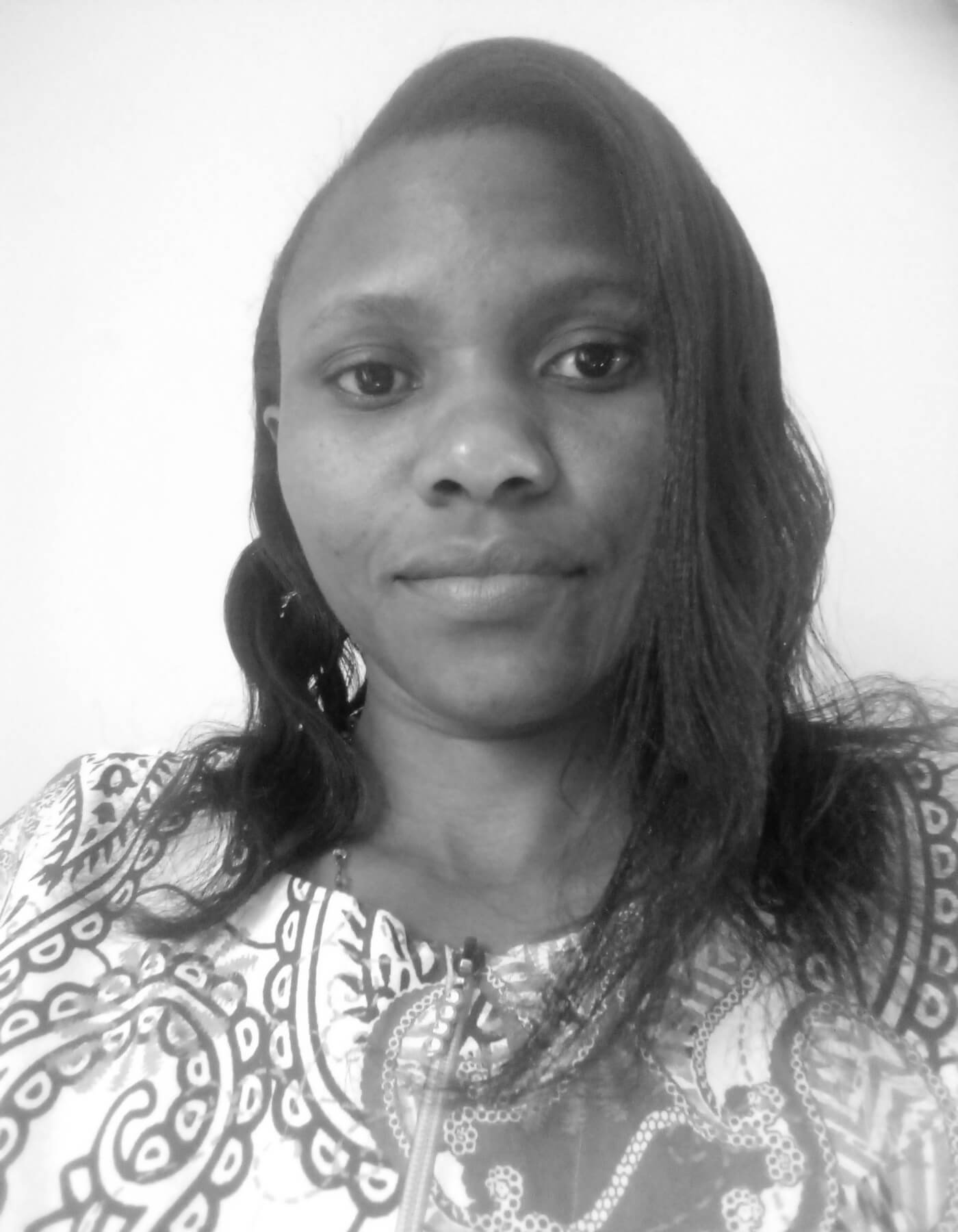
Mary Stella Byona CERTIZENS Uganda |
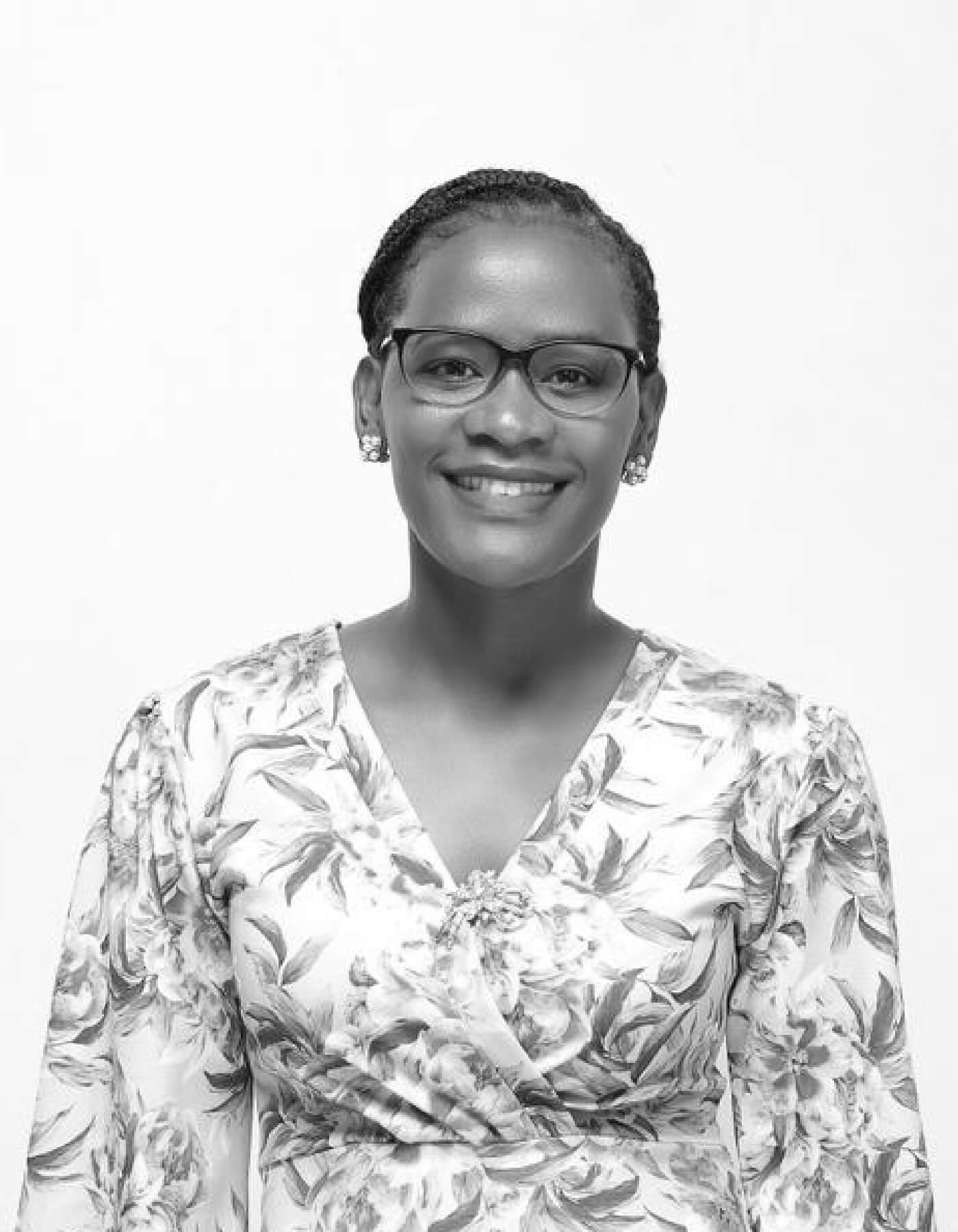
Carol Nyangoma Mukisa CERTIZENS Uganda |

Paul Morris Musoke CERTIZENS Uganda |
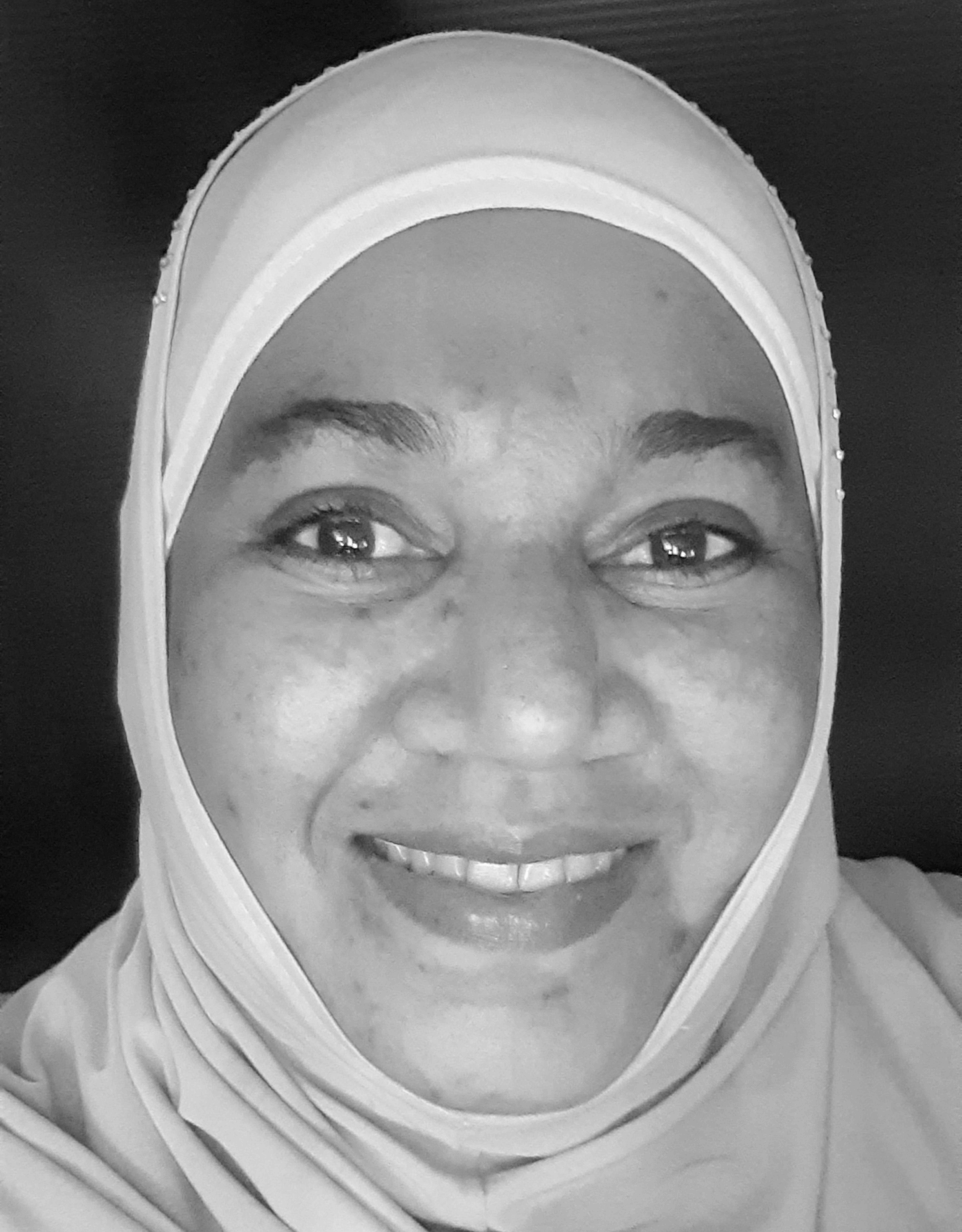
Nageeba Hassan Tegulwa CERTIZENS Uganda |
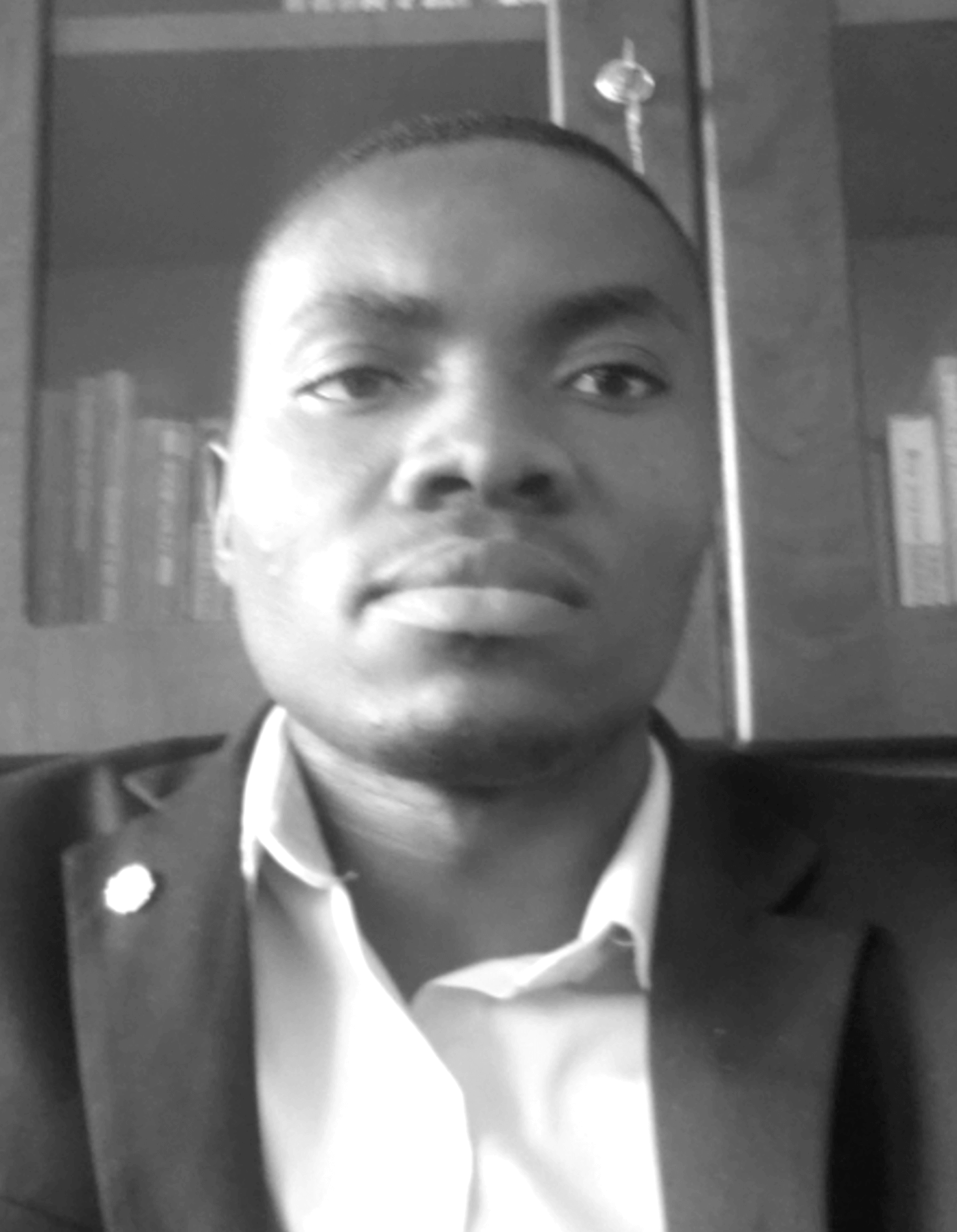
Jonathan Mwesige CERTIZENS Uganda |
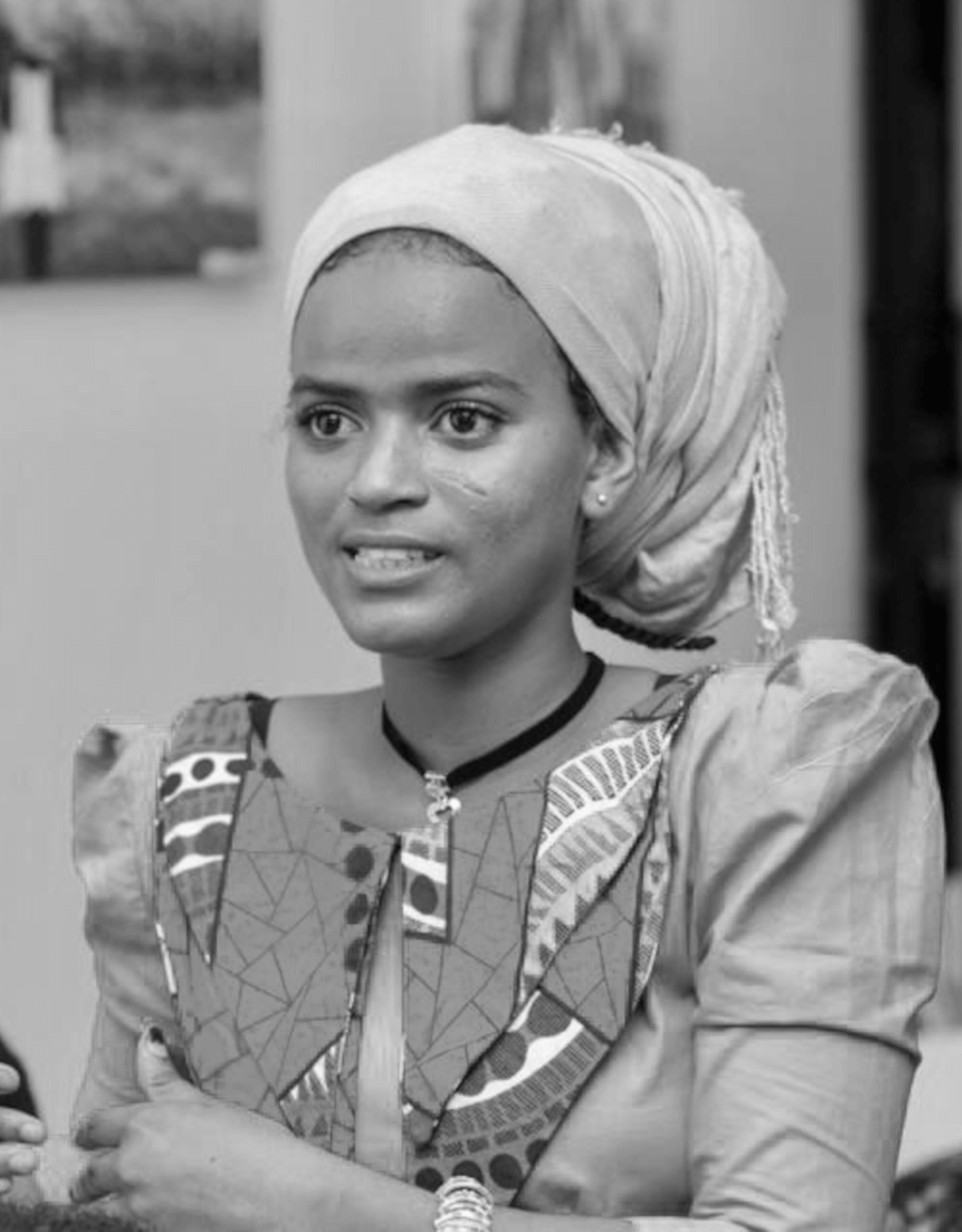
Ramatu Issah CERTIZENS Ghana |
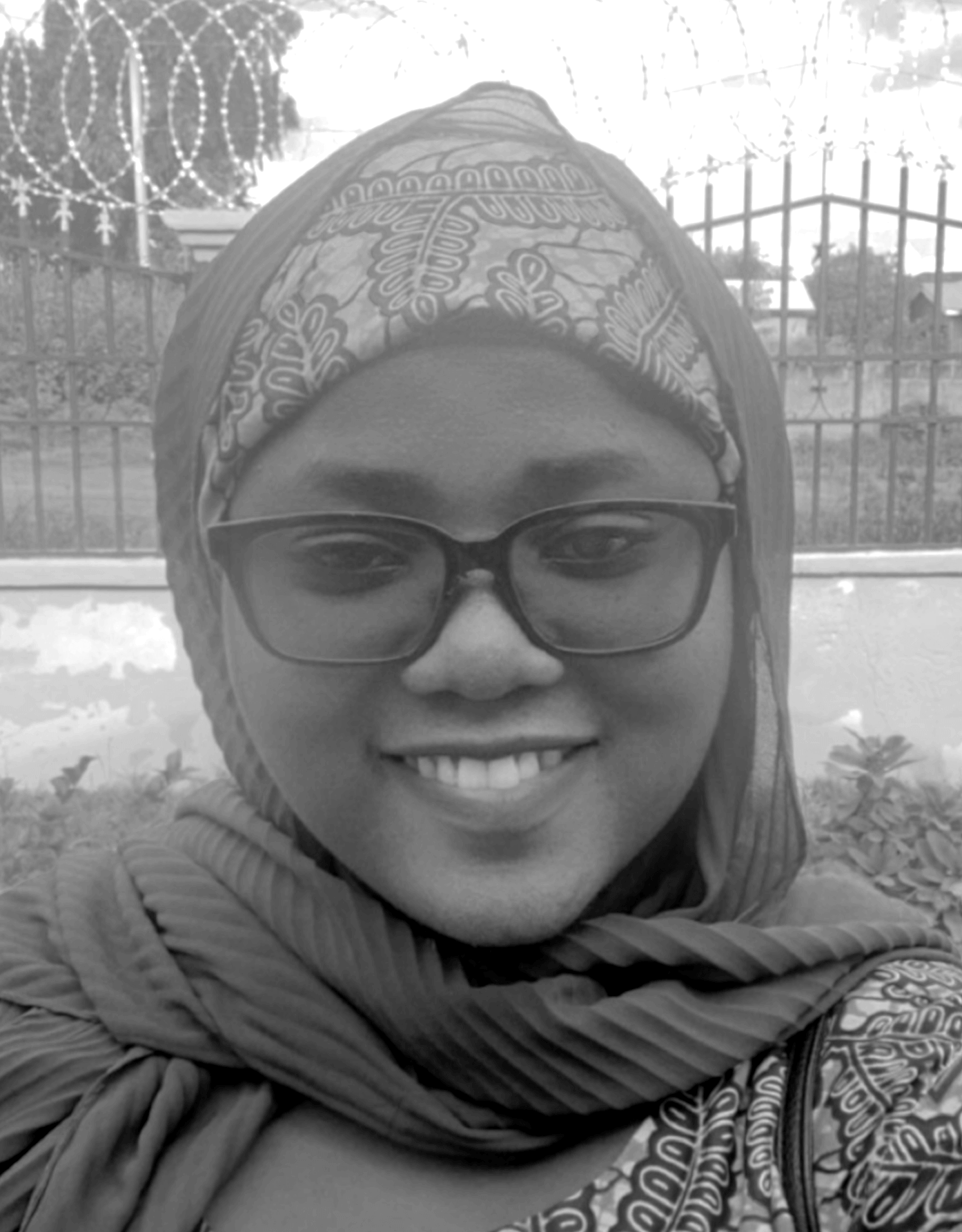
Rafiatu Abdul Rauf CERTIZENS Ghana |
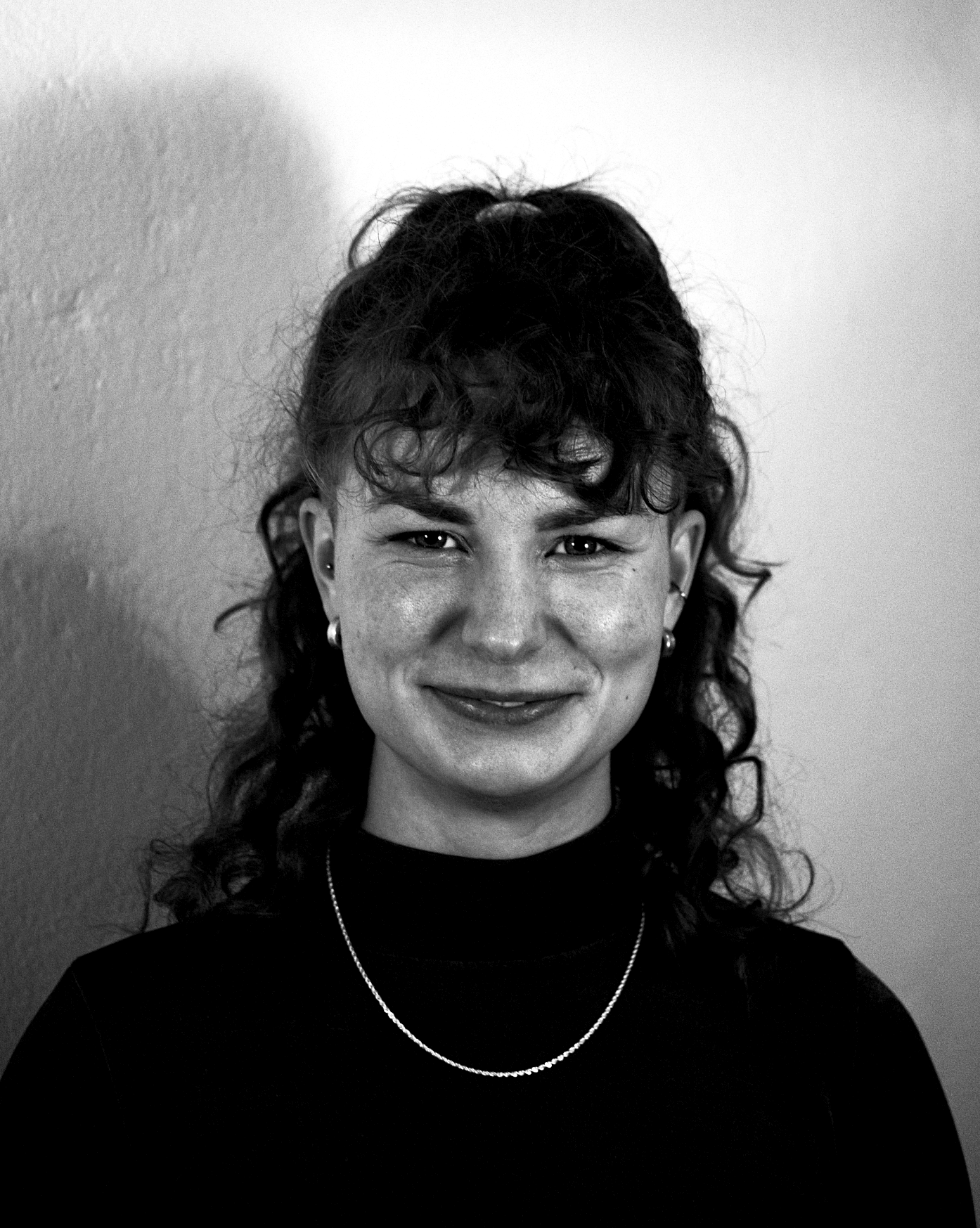
Susann Heidecke CERTIZENS Project |
CERTIZENS Master Graduates
Please click on the respective links for a short presentation of their theses findings, reflections, and contact details.
-
Mary Stella Byona
ICT and E-Passport Management in Uganda Immigration Office: A Case Study of the Directorate of Citizenship and Immigration Control (2008-2023)
Department of Political Science, Makerere University -
Gifty Louisa Cobbinah
Digitisation and Certification in the Informal Sector: Case Study of Head Porters in Ghana
Institute of African Studies, University of Ghana -
Ramatu Issah
Citizenship and Marginalization: A Comparative Analysis of the Experiences of Fulani and Zabarma Groups in the North Tongu District of the Volta Region of Ghana
Institute of African Studies, University of Ghana -
Paul Morris Musoke
Factors Influencing Birth Registration Among the Migrant Karamajong in Jinja District
Department of Development Studies, Makerere University -
Jonathan Mwesige
Separatist Movement and Identification Documents: A case of Toro District, 1954-1982
Department of History Archeology and Heritage Studies, Makerere University -
Carol Nyangoma Mukisa
Examining Women’s Experiences in the Process of Accessing and Utilizing National Identification Documents in Labour Migration: A Case of Women Labour Migrants in Uganda
School of Women and Gender Studies, Makerere University -
Moses Muluba
Unfolding Diverse Citizen Response to Birth Registration in Iganga District, Uganda (1904-2021)
Department of History, Archaeology and Heritage Studies, Makerere University -
Rafiatu Abdul Rauf
Understanding the Gendered Experiences of the Use and Control of the Ghana Card in Kumbuyili in the Sagnerigu District in the Northern Region, Ghana
Department of Political Science, University of Ghana -
Nageeba Hassan Tegulwa
Refugee Identity Card and Its Impact on the Somali Refugee's Personal Security
Department of Religion & Peace Studies, Makerere University
Forthcoming:
- Charles Donkor
Department of Political Science, University of Ghana
We will continuously update this page with new research publications.
WORKING PAPER SERIES
The Project is establishing a CERTIZENS Working Paper Series (which will have an ISBN number). The series will facilitate the publication of theoretically and empirically grounded papers generated by CERTIZENS project researchers, as well as by invited researchers working on related themes elsewhere in Africa and potentially in other regions to enhance comparative learning. The Working Paper Series aims to be an open space for developing, testing out and deepening ideas related to the core focus areas of CERTIZENS, as well as going beyond these.
The CERTIZENS Project Leader will act as managing editor of the series. A working editorial group and an advisory board will be constituted by a combination of CERTIZENS and external researchers, ensuring both quality and expansion of the network of contributing scholars.
PUBLICATIONS
Abasabyona, Milcah (2024). Legal Identification Documents: Threats and Opportunities for the Ghetto Youth in Kampala Slums. Journal of Science and Sustainable Development, Vol. 9 No. 1 (2022). https://doi.org/10.4314/jssd.v9i1.4
Asiimwe B. Godfrey (2022), “Decolonising Identity and Citizenship: Revisiting the Historicity of the Indian Question in Uganda”, in Katherine Bruce-Lockhart, Jonathon L. Earle, Nakanyike B. Musisi and Edgar C. Taylor (eds.), Decolonising State and Society in Uganda: The Politics of Knowledge and Public Life, Woodbridge: James Currey
Hammar, Amanda (2018). Certifications of citizenship: reflections through an African lens. Contemporary South Asia, 1-9. https://doi.org/10.1080/09584935.2018.1465024
Nsiah, Isaac Owusu (2024). Ensuing Statelessness as (Post) Colonial Effect: Dynamics of Formal Identification Denial among the Fulani in Ghana. Critical Statelessness Studies Blog Series, Melbourne Law School (June 2023). https://law.unimelb.edu.au/centres/statelessness/research/critical-statelessness-studies-blog/ensuing-statelessness-as-post-colonial-effect-dynamics-of-formal-identification-denial-among-the-fulani-in-ghana
Nsiah, Isaac Owusu (2025). Biometric IDs, indigeneity and exclusions among the non-pastoral Fulani at Agogo, Ghana. SN Social Science, Vol. 5 No. 18 (2025). https://doi.org/10.1007/s43545-025-01054-4
Issue 12 (January 2025): Master Thesis Presentations
Issue 7 (December 2022): Year-end and challenges ahead
Issue 6 (September 2022): Certifying Citizens at the Ghana-Togo Border
Issue 5 (June 2022): Launching the CERTIZENS Podcast
Issue 4 (March 2022): How People Are Excluded from ID Systems
Issue 3 (December 2021): Annual Meeting in Accra
Issue 2 (September 2021): Recognising Denkyira belonging in Ghana
CERTIZENS is a four-year research project (2020-2024) funded by the Danish Ministry of Foreign Affairs/Danida, and administered by the Danish Fellowship Centre (DFC).
Co-funding is provided by the Faculty of Theology, University of Copenhagen.
In-kind support is provided by the Institute of African Studies, University of Ghana, and the College of Humanities and Social Sciences, Makerere University, Uganda.
Meet the CERTIZENS researchers
Isaac Owusu Nsiah – Project title: Intimacies of Identification and Lived Citizenship Among the Fulani at Agogo
Listen to the CERTIZENS podcast
Contact
Project leader Amanda Hammar
Email: aha@teol.ku.dk
Mobile: +45 24215598
Twitter: @certizensafrica


